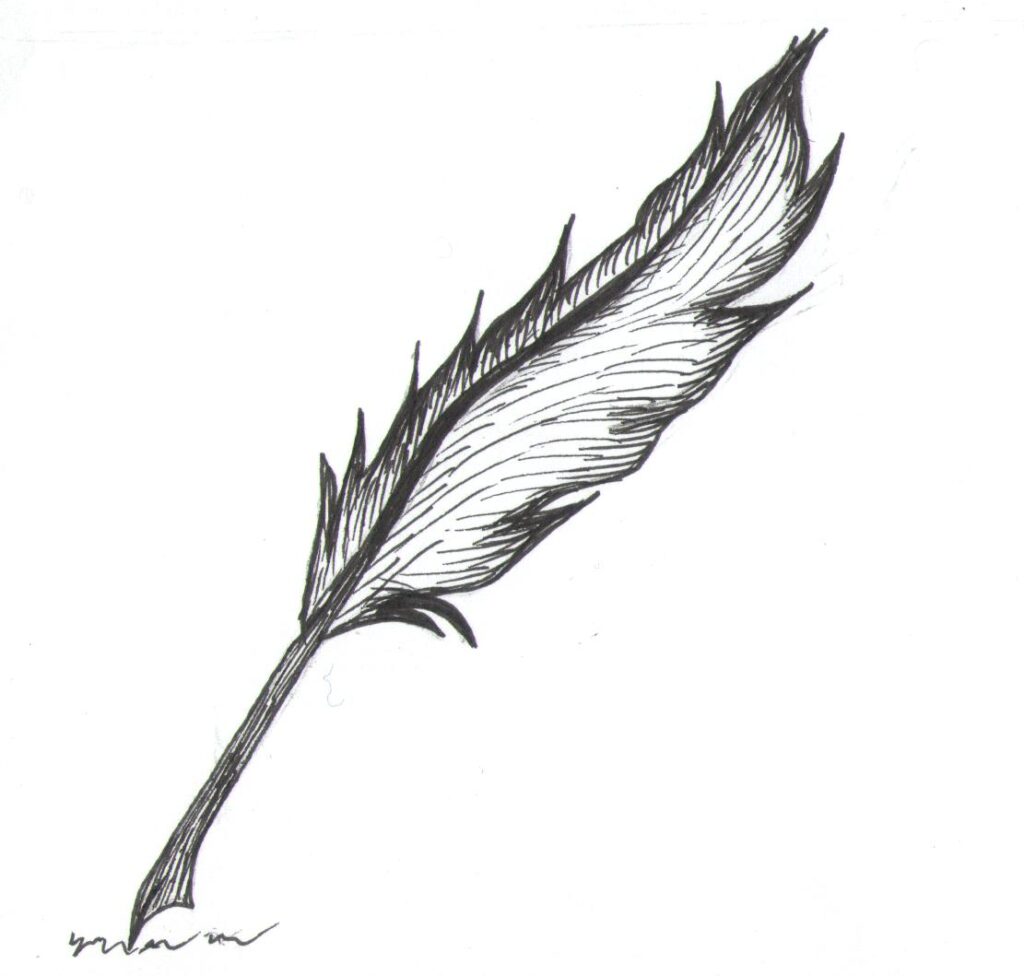
Writing is a teacher. This post lists a few things that I’ve learnt from writing.
Don’t aim for the goal. Be in the moment
I spend a lot of time writing about being present because I think it is the one thing that can improve the quality of our lives the most. Being mindful of this moment right now, isn’t a hack or a trick. It is a way to live so that we don’t continually zombie through every experience.
Being present also produces the best writing. When I am concerned about how someone will receive what I write, or how long something is going to take, I am not present. Those concerns only syphon attention away from the thing that really matters: the next sentence.
Be consistent
Finishing a novel takes a lot of time. I might be able to write a flash fiction story in an afternoon, but a novel takes me at least a year. This requires that I write consistently over months. For me, there is only so much quality writing that I can do in a day. Consequently, I find it much more manageable to write a few hours each day than work in bursts of eight hours or more once a week.
Good days are often followed by hard days
Just like with most things, when you write, you will have bad days. But the bad days are in some ways a prerequisite for the good days. Here’s a related post. The important thing to remember: there are no failed days. You only fail when you don’t show up.
Read slowly, read meticulously
When you write you become a better reader. When you write fiction, you have an incentive to understand every aspect of the craft. Why does this dialogue work? How is this scene described? Is the scene coming together clearly in my head? Nothing will make you a better reader than writing. Conversely, nothing will make you a better writer than reading meticulously. I’m specifically referring to fiction here but my sense is that writing non-fiction can also aid one’s reading. At the very least it will improve one’s focus.
I am a slow reader. I try to make sure I understand every aspect of a story. This might not be true for every story that I read, but most definitely for books that I admire. The consequence of this is that my comprehension is much better than it was, say, ten or twenty years ago. This also adds to my enjoyment. Reading is much more fun when you understand what you’re reading. (Here’s a related post.)
If you explore the thing that’s bothering you, it becomes easier to fix
Sometimes I finish a scene (or maybe even a few chapters) and it becomes apparent to me that something isn’t working. The exact issue is usually obscured until I make a list of the things that are bothering me. It might be that the dialogue falls flat because a character doesn’t have the necessary depth. Or it might be that the setting doesn’t have enough complexity. Whatever it is, just naming the thing helps me get to a solution.